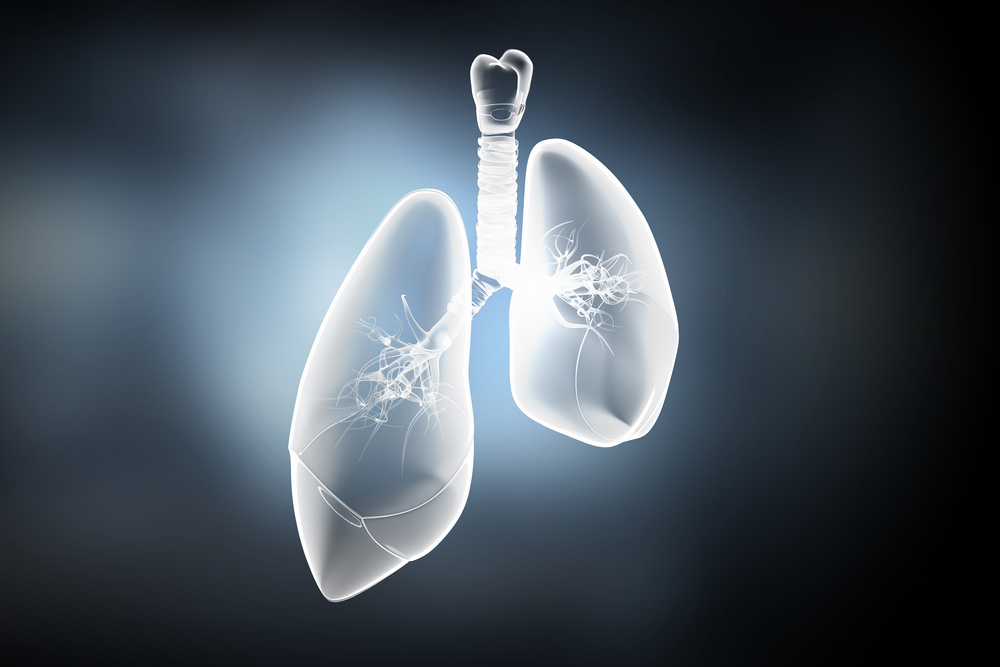JHL to Start Phase 1 Trial of Its Cystic Fibrosis Biosimilar to Pulmozyme

JHL Biotech plans to start a Phase 1 clinical trial this month of its cystic fibrosis (CF) therapy JHL1922, a biosimilar to Pulmozyme (dornase alfa) that is designed to improve lung function.
The trial will be in the Netherlands, the company announced. The Dutch Healthcare Authority approved the trial application that JHL submitted in December 2017.
“JHL1922 would increase affordable access to an important therapeutic for cystic fibrosis patients, and we look forward to conducting the Phase 1 trial in Europe,” Racho Jordanov, the company’s CEO, said in another press release.
CF is caused by genetic mutations of the CFTR gene. These prevent cells from managing their salt and water balance, which in turn triggers an accumulation of thick mucus in the lungs. The mucus has a major impact on respiratory function.
Pulmozyme (marketed by Genentech) was one of the first approved treatments for CF shown to prevent mucus accumulation. It is an engineered enzyme, called recombinant human deoxyribonuclease I or rhDNase I, which selectively breaks down DNA molecules in mucus. This helps thin the thick secretions. The result is better airway flow, improved ability to expel mucus, and better ability to prevent bacterial infections.
Since its approval in the 1990s, Pulmozyme has become a standard therapy for CF patients.
JHL Biotech expects JHL1922 to be a less expensive but equally effective alternative to Pulmozyme. JHL1922 was designed to achieve biochemical and safety profiles, as well as therapeutic activity, similar to those reported for Pulmozyme.
Experts estimate that the average cystic fibrosis patient has to spend between $12,000 and $40,000 a year just on Pulmozyme. This underscores patients’ need for more affordable therapies.
JHL Biotech says its goal is to offer top-quality but low-cost therapies. The company focuses on research and development of new protein-based therapies and biosimilars.
Cystic fibrosis affects more than 100,000 people worldwide, experts believe.







